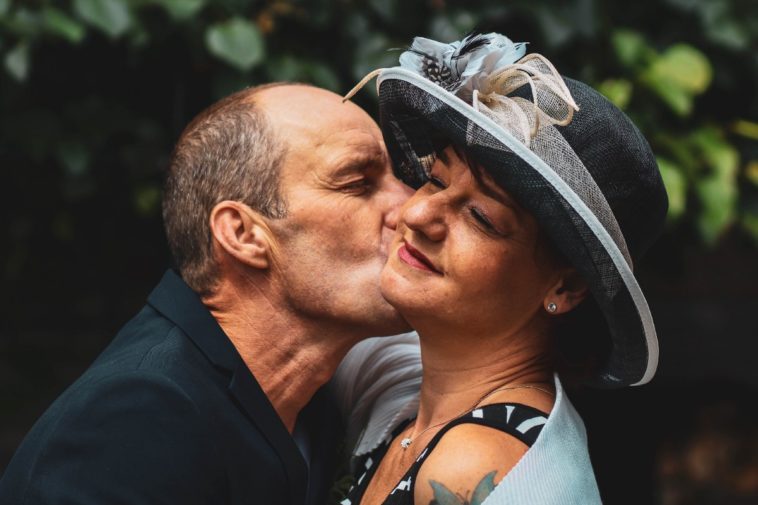h2>Dating : How to Stay in Love After You’ve Fallen in Love
Falling in love can feel like a heist — adrenalizing and urgent. It’s all high-risk. You have no idea what will happen: if opening the deepest vault of yourself will end in triumph or devastation, or if your sweetheart will allow you the same unguarded entry. Half the time you may not know who may have conquered whom and what that conquering may mean.
As a teen and early 20-something, I would have called myself a helpless romantic, which might have explained why I attempted to leap from relationship to relationship. I could have called myself a serial monogamist too, maybe, but that would mean I’d have to totally be monogamous, right? I can’t ignore that there may have been some overlap in some of my relationships. The men I lined up by casually asking, “If I was single, would you date me?”
I didn’t care if someone was better than my previous partner. I left good men for terrible men because I wasn’t dating them for their character. I wanted the novelty of their infatuation. I loved falling in love, that wild ecstasy of euphoria, and I chased that ephemeral sensation.
Falling in love happens differently for all of us, but we never keep falling. Eventually we have to grow to stay or be in love with that partner or leave them.
This, Elizabeth Gilbert, writer of Committed: A Skeptic Makes Peace with Marriage, tells us is the hard part:
“Anybody can love the most wonderful parts of another person. But that’s not the clever trick. The really clever trick is this: Can you accept the flaws? Can you look at your partner’s faults honestly and say, ‘I can work around that. I can make something out of it.’? Because the good stuff is always going to be there, and it’s always going to pretty and sparkly, but the crap underneath can ruin you.”
Canadian psychologist John Alan Lee describes six styles of love, in his book Colours of Love: An Exploration of the Ways of Loving. The style for the heady falling in love I described above? Mania.
He uses the Greek word pragma to describe a mature kind of love, the staying-in-love kind of love.
Some traits of a pragma love are:
- Believing a relationship that is loving is desirable for a happy life
- Expecting reciprocation of feelings
- Creating a mutually beneficial and future-thinking partnership
Pragma is about cooperation or symbiosis. It is about practicality and the needs of the couple along with the needs of each individual. Pragmatic, which is derived from pragma, means “dealing with things sensibly and realistically in a way that is based on practical rather than theoretical considerations.” This defines it best.
Pragma is not a sexy love. It is not a soul-possessing, fiery kind of love. It is not a love that takes hostages or subsumes one partner’s needs for the other. It may start that way, but it can’t continue that way.
It is a love that doesn’t burn out, a love based on communication and action. It is a lifelong love.



